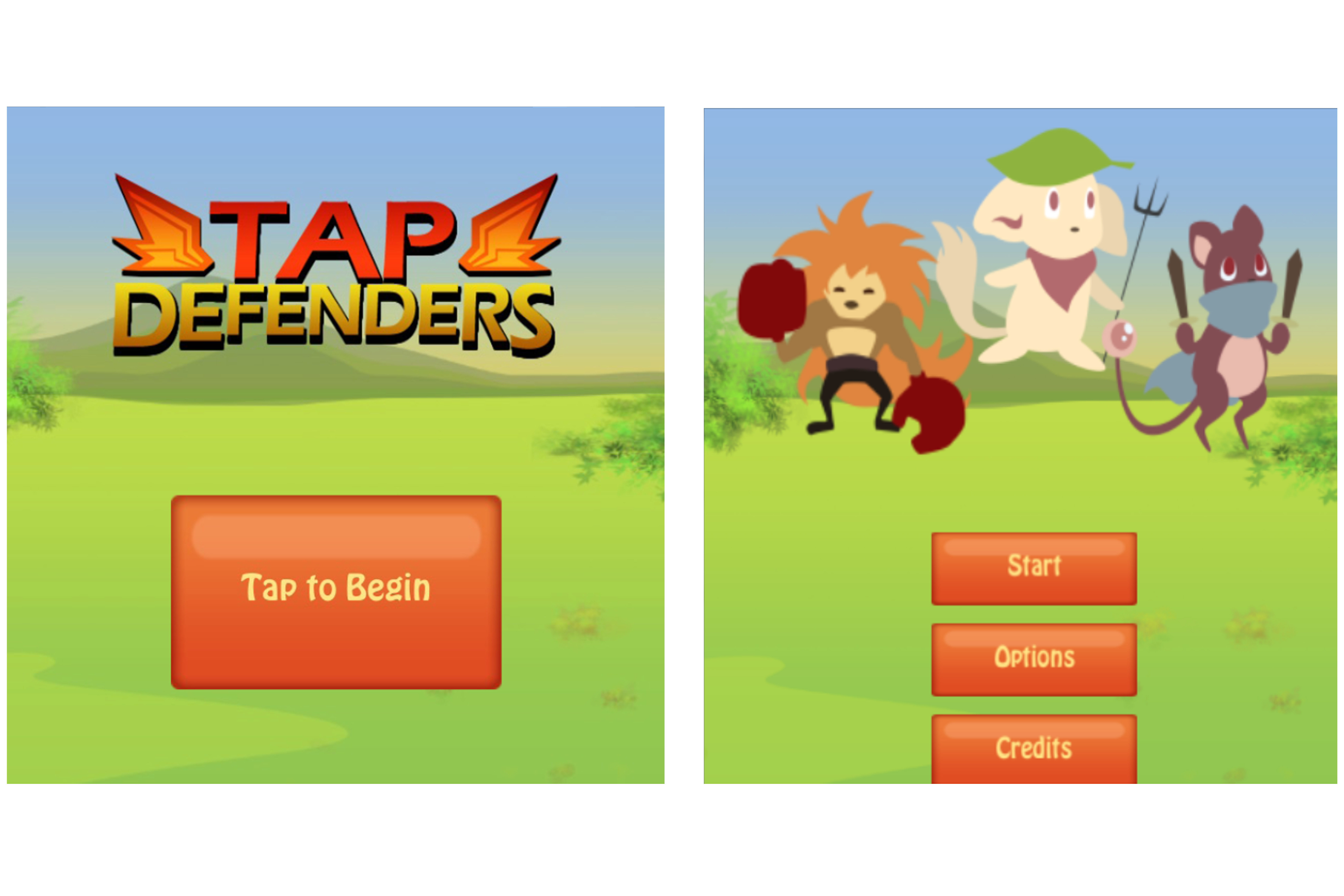Authors
Daphne Tan Su Yin, Farah Diyanah Binte Abdul Fattar, Yeong Kar Yan & Yong Mun Weng
Supervisors
Assoc Prof May O. Lwin, Asst Prof Shin Wonsun
Year
2015
Abstract
This applied research project aims to investigate the sugar consumption patterns of children and influencers of intention to reduce sugar intake. In Study One, a pen-and-paper survey was conducted on 432 primary school children, aged 9 to 12, to investigate the predictors of intention to reduce sugar intake based on the Integrated Behavioural Model. Findings indicate that self-efficacy and perceived control are the greatest predictors of intention to reduce sugar, while knowledge is also negatively associated with sugar intake. Study Two involved the design of an intervention workshop, where 411 primary school children in the same age group took part in an applied experiment where the children in intervention group were exposed to a three-hour health intervention programme. The results showed that the programme was effective in influencing four target dependent variables, self-efficacy, perceived control, intention, knowledge. We also found that male characters in the message materials were preferred over female characters, especially for younger subjects.
Click link to view
http://hdl.handle.net/10356/63357




